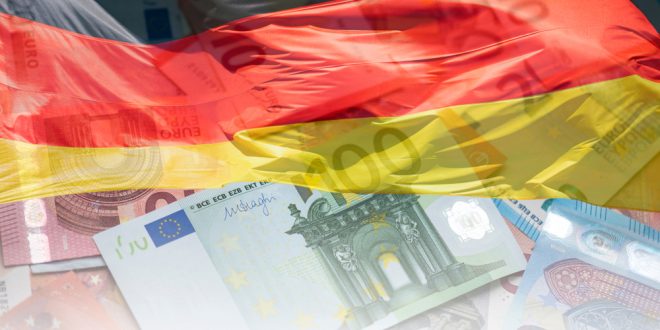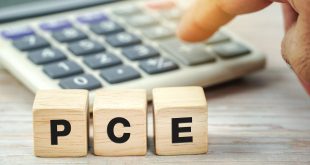Data from the German Statistics Office showed on Friday that the country’s economy stagnated in the second quarter compared to the previous quarter of the year after suffering a recession in the winter.
The zero growth for the three months ending in July is in line with the first estimates published at the end of the same month. Adjusted gross domestic product contracted 0.2 percent year-on-year in the second quarter.
Economic activity declined by 0.4% on a quarterly basis in the last quarter of 2022, and by 0.1% in the first quarter of 2023. A recession is usually defined as contraction over two consecutive quarters.
Household consumption achieved zero growth in the second quarter compared to the first quarter, and government spending rose 0.1 percent.
Germany’s central bank expects economic output to remain largely unchanged again in the third quarter, according to a monthly report published on Monday.
A strong labor market, sharply rising wages and subdued inflation should boost private consumption, but industrial production will remain weak due to sluggish foreign demand, the report said.
 Noor Trends News, Technical Analysis, Educational Tools and Recommendations
Noor Trends News, Technical Analysis, Educational Tools and Recommendations





